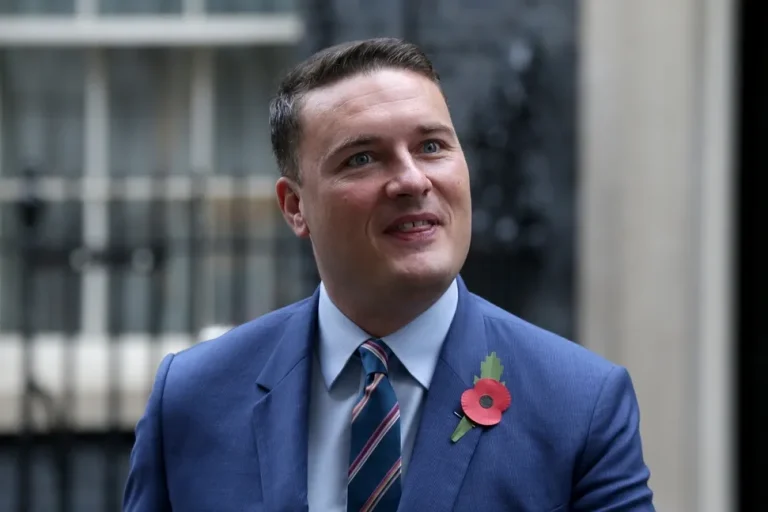Nursing agencies have hit out at the UK Government after it mooted plans to eliminate the use of agency staff in the NHS.
On Monday, the Department of Health and Social Care (DHSC) announced that its crackdown on agency spending had resulted in an “unprecedented” £1bn being saved in 2024-25.
“It’s been a sledgehammer to crack a nut”
Simon Taylor
Now, health and social care secretary Wes Streeting and NHS England chief executive Jim Mackey have written to all integrated care boards and NHS trusts in England urging them to “ultimately eradicate agency spending altogether”.
The government said that if “further progress” was not made to reduce the spend, it would consider “taking further legislative action”.
As part of this announcement, health minster Ashley Dalton said: “The taxpayer has been footing the bill for rip-off agencies for too long – while patients have languished on waiting lists and demoralised staff faced years of pay erosion.
“That’s why we are pledging to eliminate this squander, and through our Plan for Change we are making major progress and seeing a radical reduction in costs.”
Mr Dalton announced that a new delivery group would be set up by DHSC and NHS England to “monitor” progress on reducing agency spending – and said the savings so far had been used to fund pay rises for substantive healthcare staff.
The agency sector has not responded well to the government’s latest announcement.
Simon Taylor, chief executive of Your World Recruitment, an agency that supplies nurses and other healthcare professionals to the NHS, described it as a “demonisation” of the sector.
He said he was frustrated by the government’s lack of interest in engagement with the sector, and that he disagreed with its characterisation of it as one of profiteering.
“I think it’s totally inaccurate, and I think it’s almost deliberately overly simplistic,” he told Nursing Times.
“This idea that agencies forced trusts to use excessive numbers of temporary staff is just madness, really. We are, in economic terms, price takers, not market makers. We’re responding to demand from trusts.”
Your World, Mr Taylor explained, has an approved framework agreement with NHS organisations to provide staff at a capped rate.
“The taxpayer has been footing the bill for rip-off agencies for too long”
Ashley Dalton
He said not all agencies do this, and that off-framework organisations were where high costs per staff shift were incurred.
“We would encourage the reduction of that off-framework usage, [and] would happily work with DHSC and NHS England to get to the right balance,” he said.
“But it’s been a sledgehammer to crack a nut.”
Mr Taylor said his organisation made “a few pounds an hour” for a band 5 or 6 nurse shift and strongly disagreed with the notion that agencies like his were engaging with profiteering.
He went on to discuss the positives of agency work, and said that he believed agencies fulfilled demands staff banks could not by operating across the country – and provided “a valuable pool of flexible workers”.
According to a survey of 800 health professionals on his agency, more than 40% said they would not want to join a staff bank or a substantive post, the chief executive said.
He suggested that, should the agency spend be reduced to £0, some of these nurses would just quit the profession altogether, and that trusts would lose out on a pool of workers willing to travel long distances for temporary work.
With the reductions in spend so far, Mr Taylor said he had up to 1,000 nurses, including specialists in oncology and paediatrics, “sitting completely idle” or “under employed”.
Similarly, Neil Carberry, chief executive of the Recruitment and Employment Confederation, described the DHSC’s latest announcement as a “scapegoating statement” that would “rightly alarm the public about the impact of rushed cost-cutting on safe staffing”.
He added: “The NHS needs a balanced workforce strategy.
“That means combining long-term investment in training and retention with a flexible approach to meeting immediate pressure and treating agencies as partners rather than as peripheral players to be blamed.
“We’re ready to work with the government to achieve its aims – but that has to start with an end to the name-calling.”

